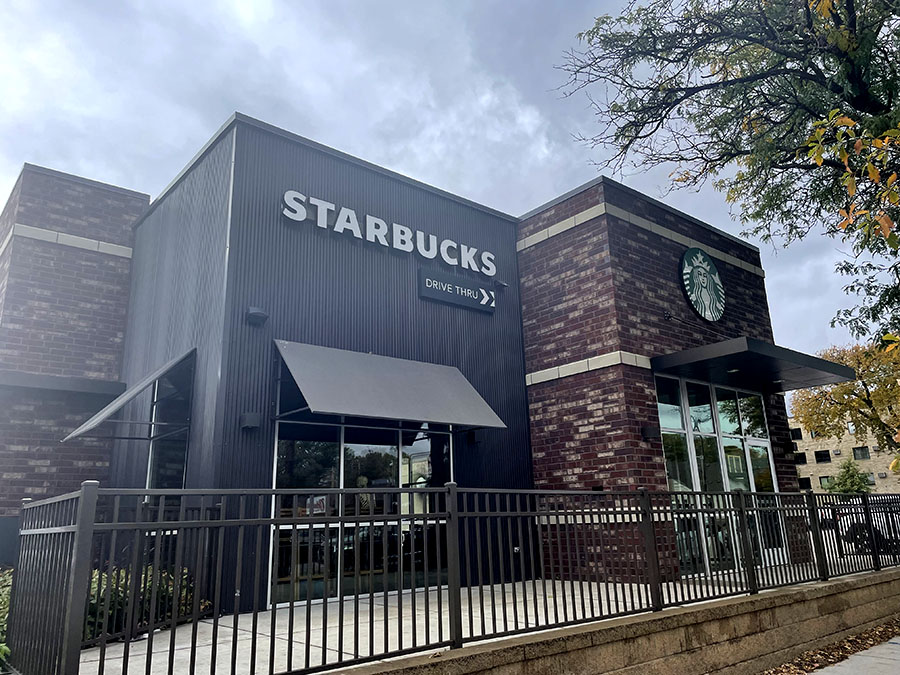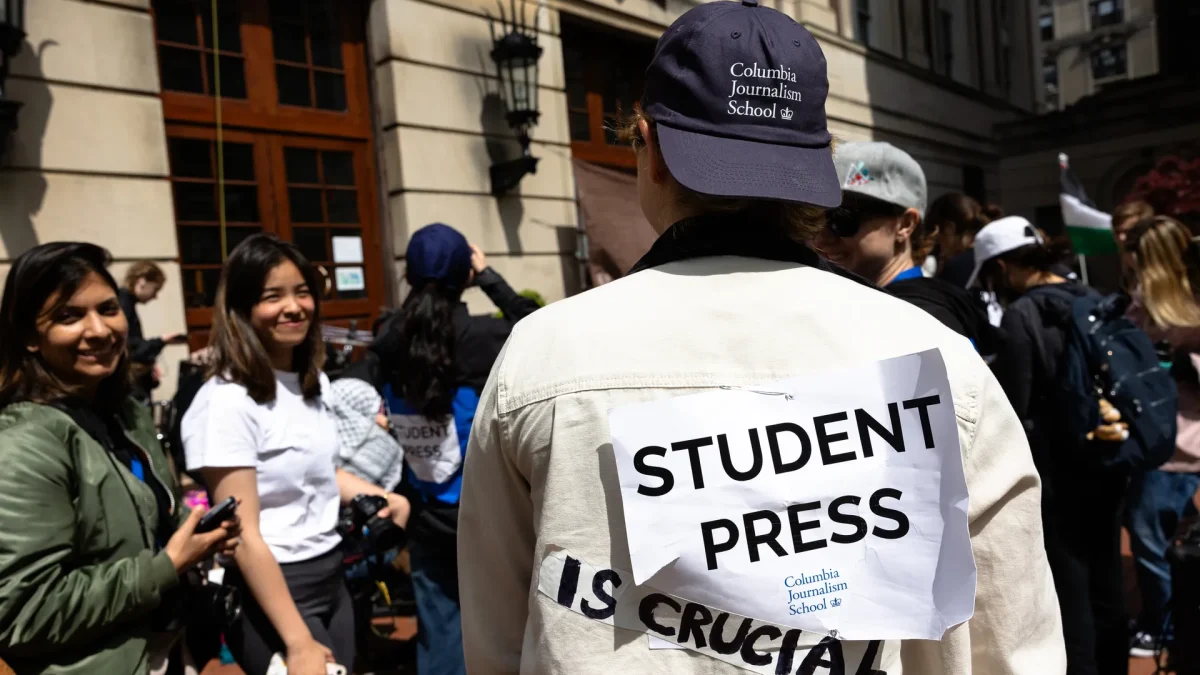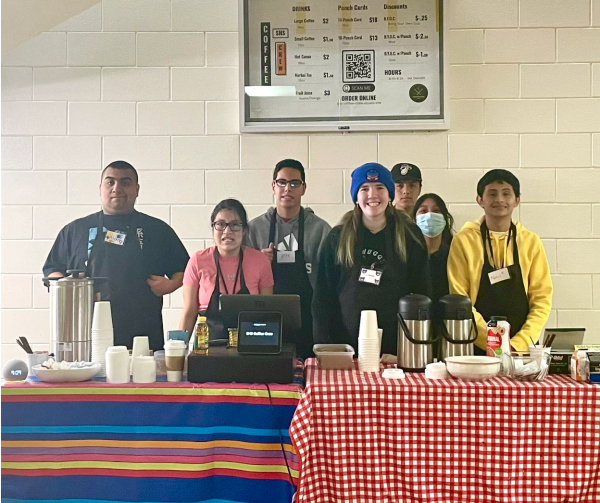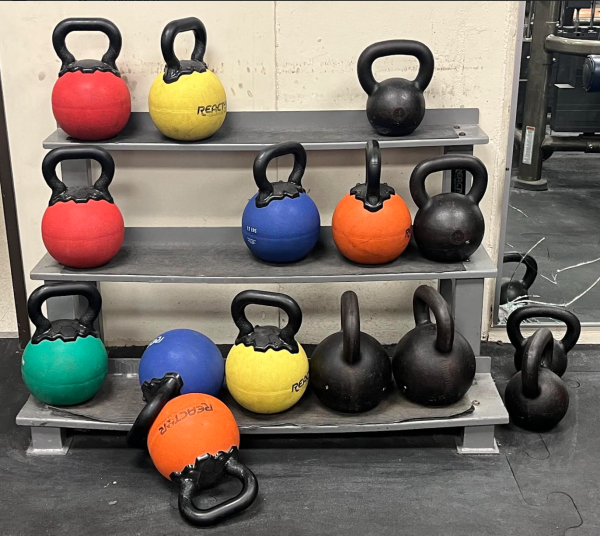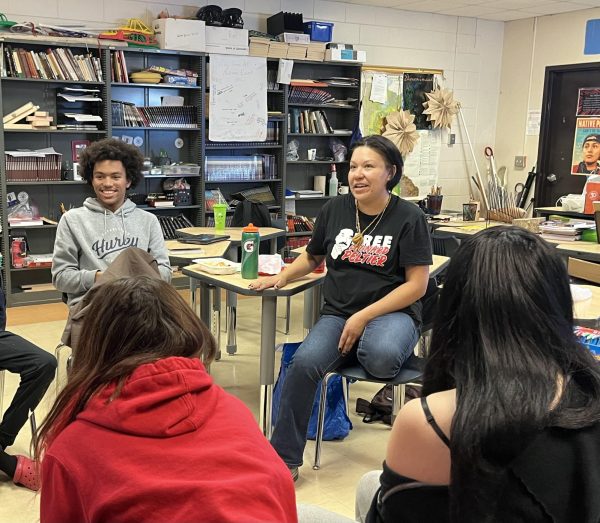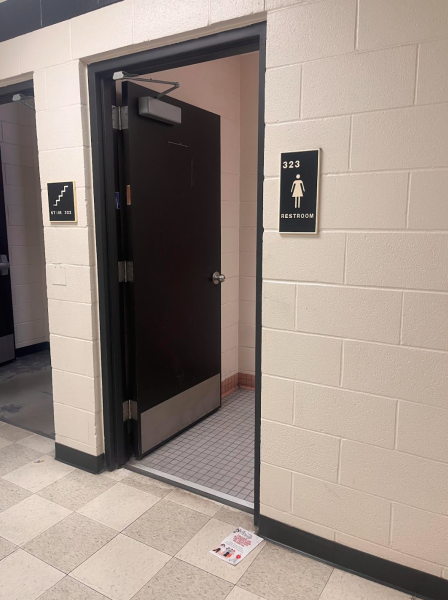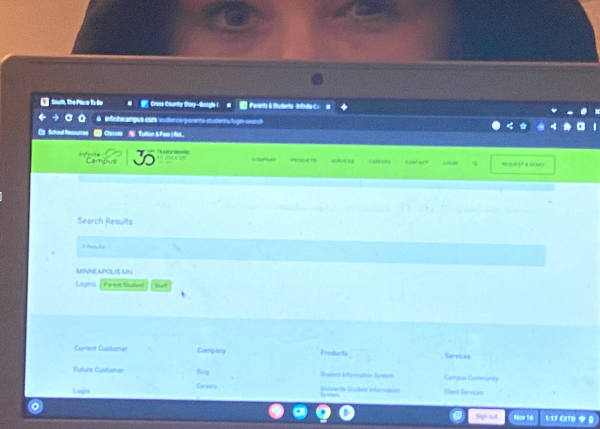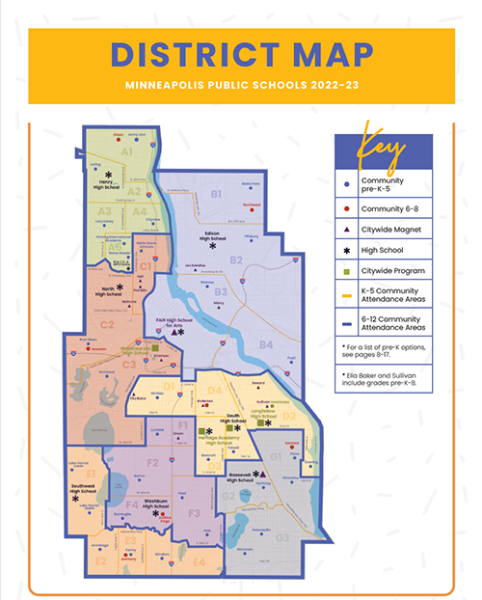Local Starbucks strike isn’t just about coffee, but the mistreatment of young service workers
“Customers definitely do not respect me, or anyone that they see as younger. I think that when older customers see younger people working, they think they can be rude.” says Chloe Plante, an employee at Starbucks
October 17, 2022
An average day for many includes a stop at their local Starbucks to get their morning coffee, but in late July, customers at the Starbucks store on Cedar and 47th were met with no coffee being served. The employees at the Cedar Starbucks were holding a two day strike in response to unfair treatment by Starbucks. Like many other Starbucks stores around the U.S, the Cedar location joined the Starbucks workers union (Starbucks Workers United) due to unfair working conditions and treatment. Starbucks has been known for union busting tactics and has treated unionized locations poorly .There are many reasons for the strike, but a few include Starbucks changing the Cedar store’s hours without consulting the union first, and an expected wage raise in August that was not carried out to unionized stores.
In recent memory, the U.S has seen a lot of unions rising on a national and local level. Historically, unions have faced trouble with their employers trying to stop unions from forming, as well as punishing workers who unionize. This can be very difficult for the workers it impacts. “I think a lot of it was gaining respect from Starbucks” says Chloe Plante, a senior at South and employee at the Cedar Starbucks, “A lot of what’s been happening is that Starbucks has not been respecting the union stores at all.”
When looking at minimum wage jobs like Starbucks, there can be additional mistreatment from not only employers but customers too, which adds to the heavy emotional toll of the labor. Young people in high school and college typically work minimum wage and entry level jobs. These jobs prepare young people for long term jobs they will have later in life, as well as supply an often vital income.
“I would say me and like, three others are in high school, but most of the people working there [Starbucks] are in their mid 20s or younger.” Plante says, “Customers definitely do not respect me, or anyone that they see as younger. I think that when older customers see younger people working, they think they can be rude.”…“It can be really annoying because like, I’m just trying to do my job.”
Jack Randolph, a sophomore at South who works at the Chinese restaurant Bill’s Garden, says when asked about facing disrespect at work “I think the thing that is affected most is what the job is, like I think people obviously will look down upon fast food workers more so than they would like, a brain surgeon or something.” This raises an unfortunate trend of service jobs being viewed as trivial, as opposed to jobs that support people’s lives and our workforce.
Being a student who works isn’t always easy. After a full day at school, extracurriculars, and homework, a job can be a lot to take on. However, while it may be difficult, a lot of students find value in it, or view it as a necessity. For Plante, the added financial independence makes a difference: “I think it’s been really nice getting money ‘cause now I can be more independent and buy my own things and have a car”…“but also it can be pretty tough because I’ve have like, schoolwork to do”
The income received can be very helpful for supporting families and paying phone or car bills. Mamie Slusher, a junior who works at the Hi-Lo Diner, touches on this real-world usefulness: “Obviously every teenager doesn’t have to get a job, but I’d say it’s definitely more helpful to your parents and it prepares you for the real world and it’s nice to have your own money and your own spending habits.” She also says, “I think it’s beneficial not just in a social way or like, I want to shop and go out with my friends way, but I think it also prepares you for employment and you learn how to work. That’s very valuable to learn at a young age like 15 or 16.”
White-collar labor is important, but service and minimum wage jobs are also important jobs to fill. Young people that choose to enter these roles sacrifice many things to make it work. “Every job is crucial to keeping us in business and keeping the customers happy, there’s not one that’s unimportant,” Slusher says. “It can be tough to do as a student but it’s really still worth it.” Randolph also attests to the difficulty of maintaining a school-work balance: “I can get [homework] assigned to me the day before so I can get started on it the day before so that I don’t have to worry about getting it done after I get home or before going to work.”…“I don’t eat as much with my family anymore because I generally end up eating at my job, so it can impact me in that way.”
Whether it’s by corporations or customers, service workers face a lot of mistreatment in their daily work. The cause to help service workers and young people gain respect in the workplace is growing, and hopefully will only grow with time.

